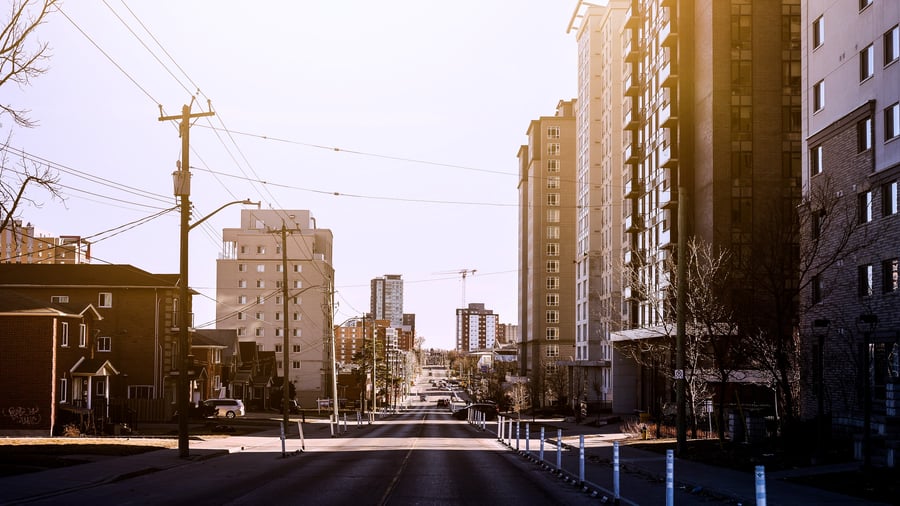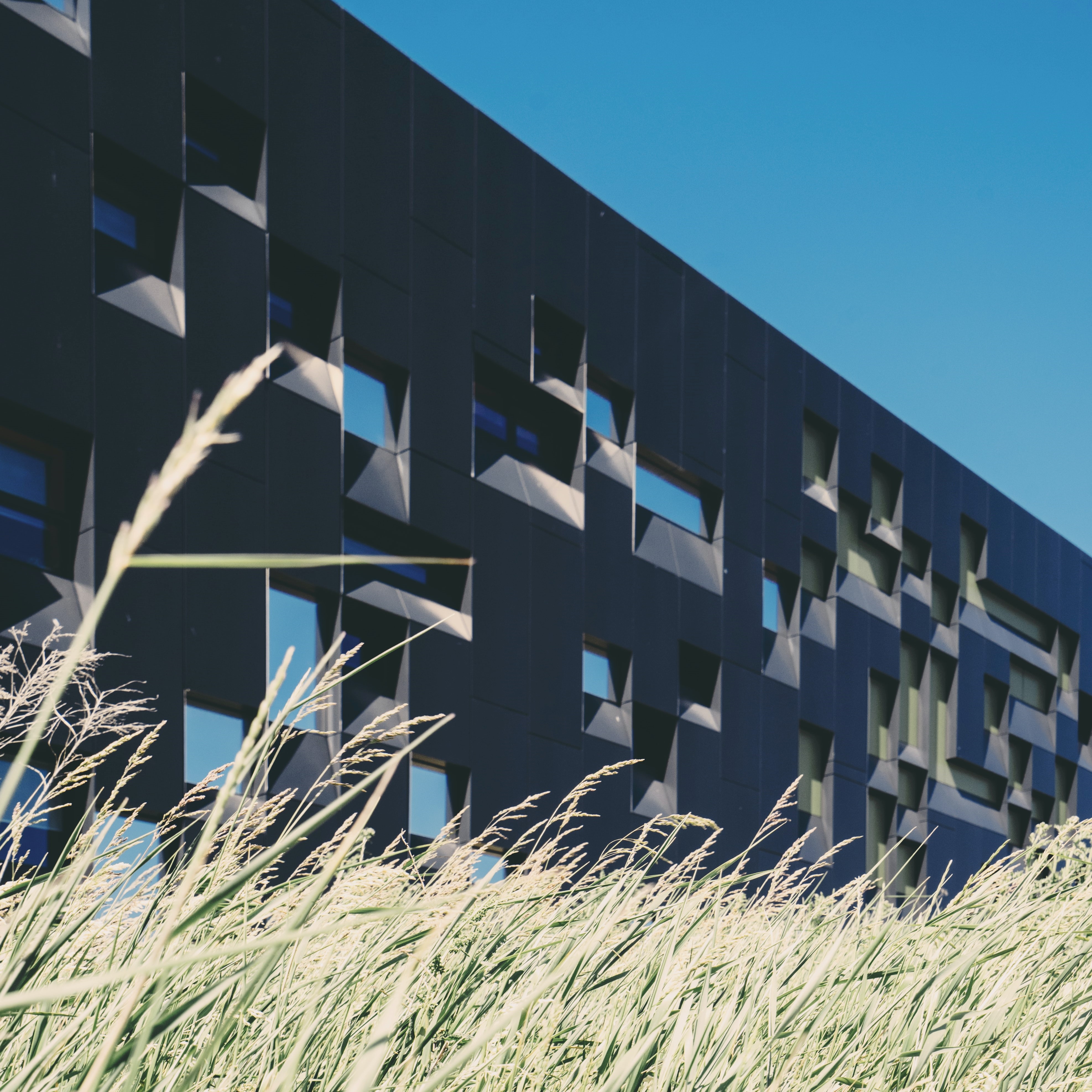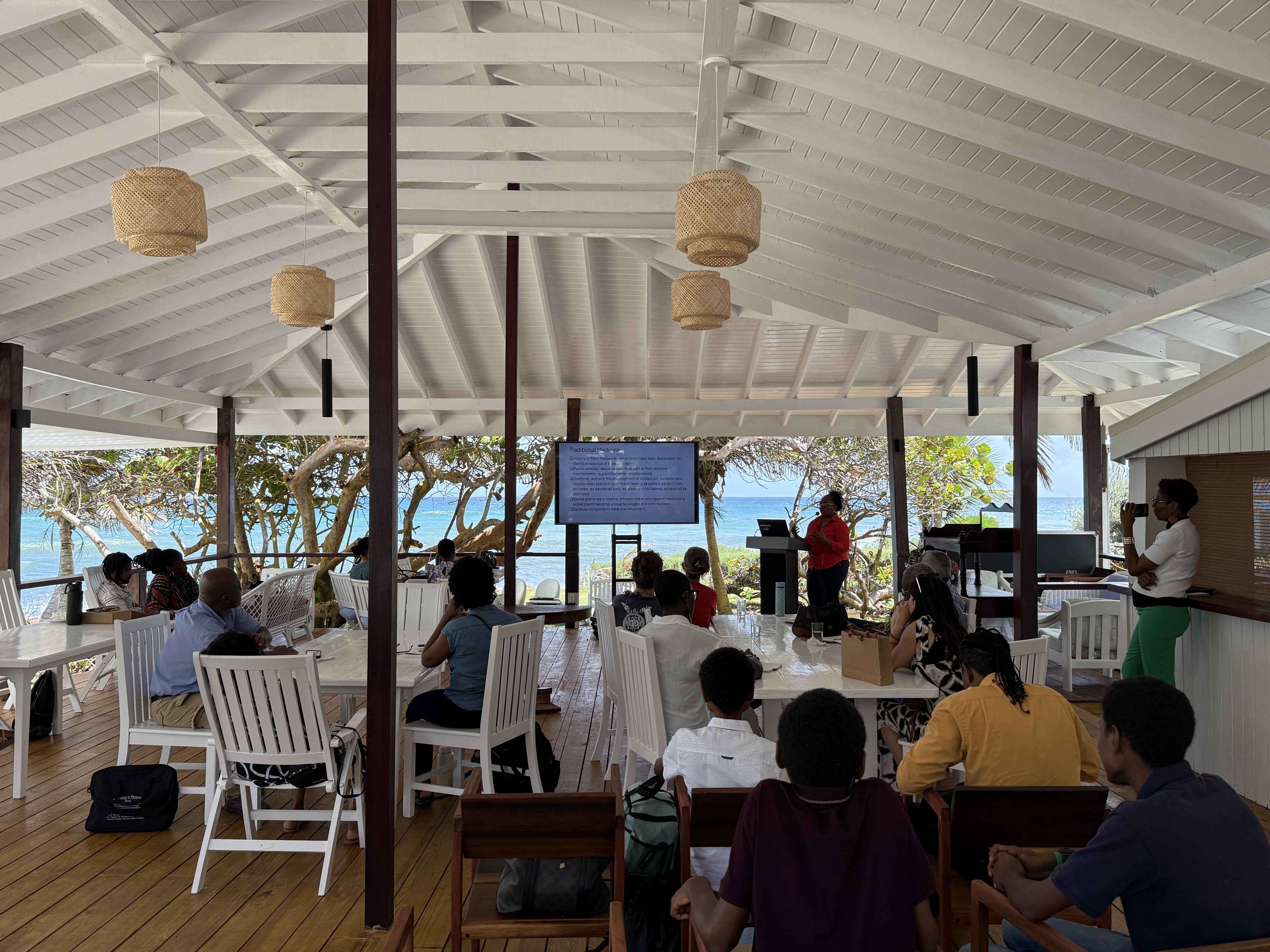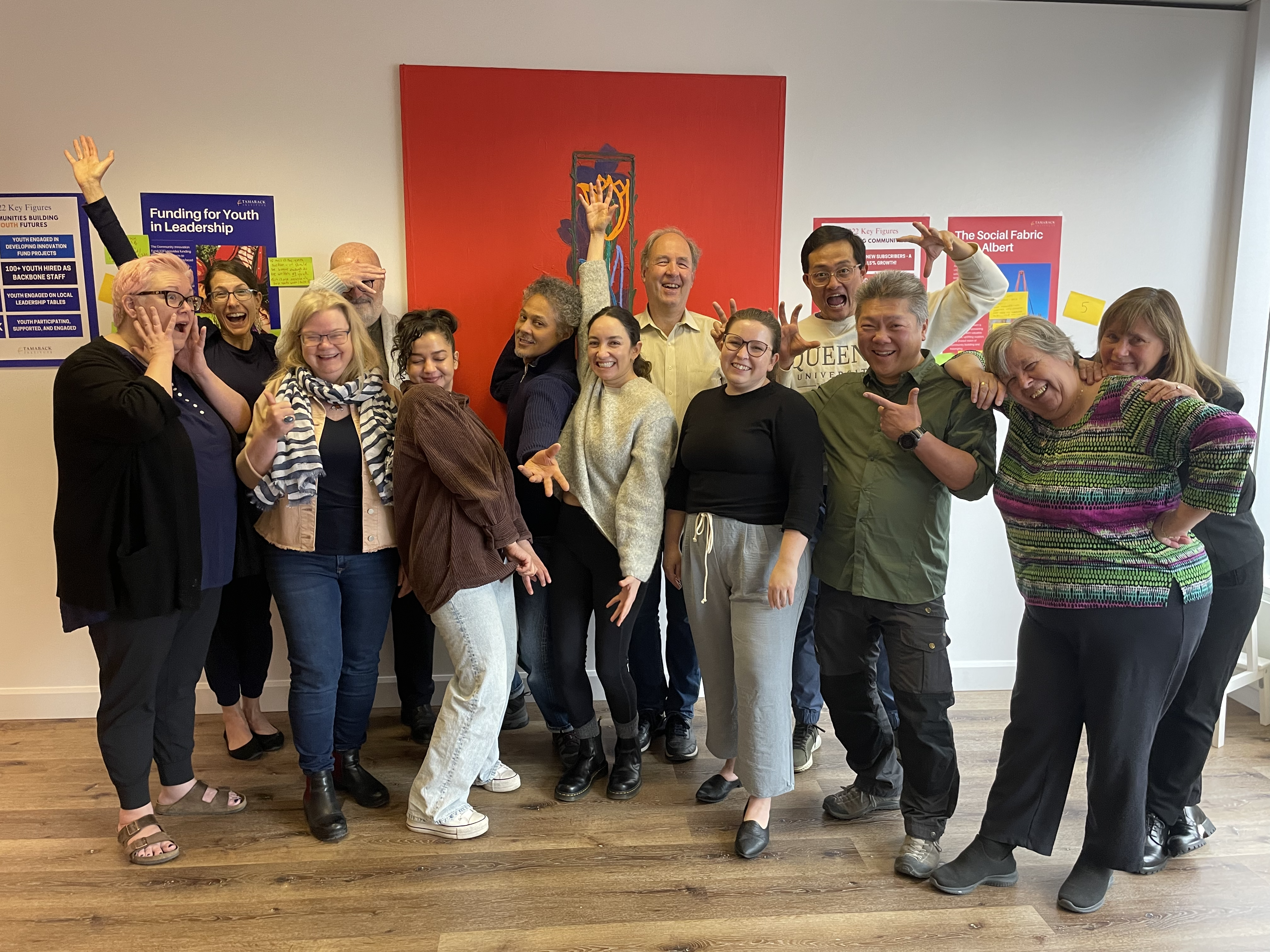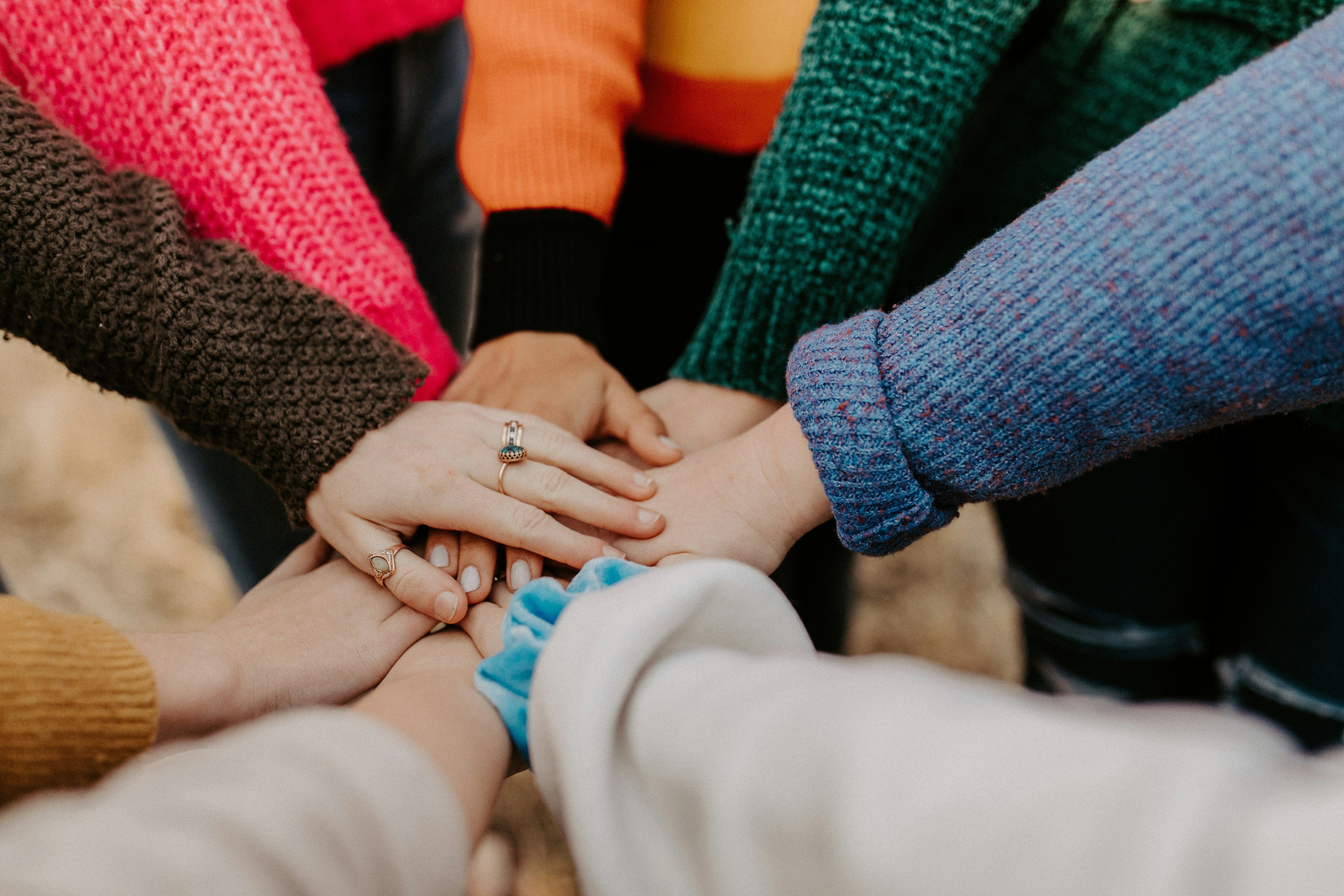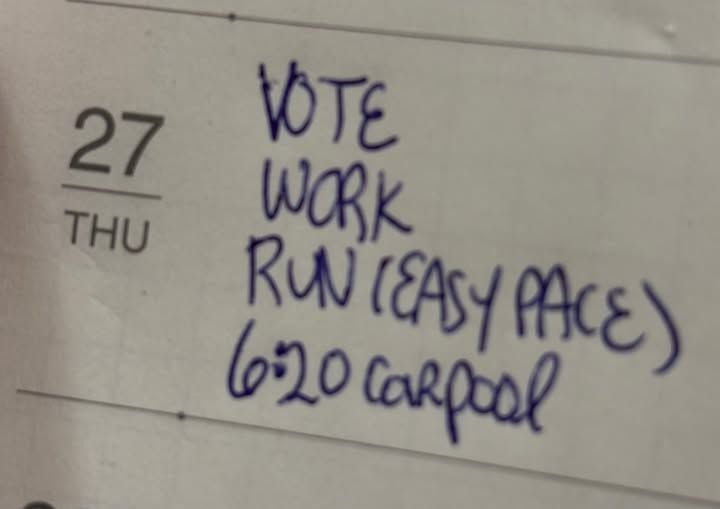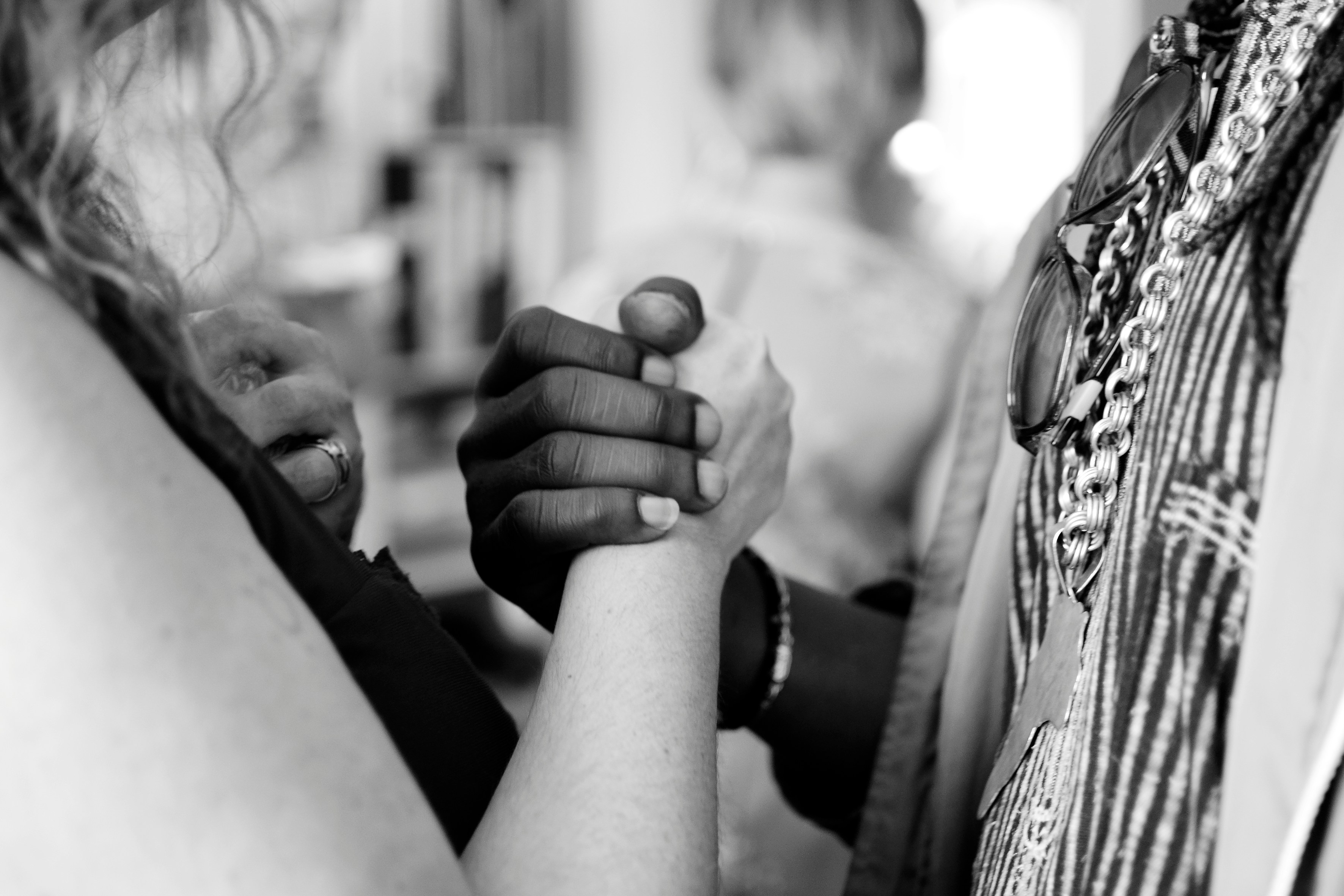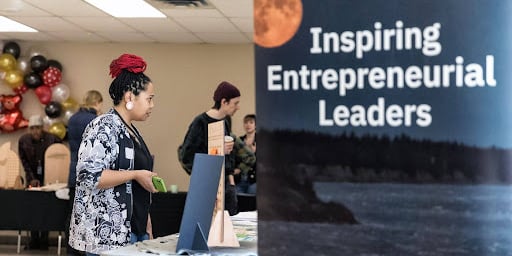Wellbeing Waterloo Region is a place-based community collaborative aimed at strengthening the social fabric of the region with a focus on building connections and relationships. Their vision is a community where everybody thrives and nobody is left behind.
Waterloo Region’s equity-focused work began in 2018, with a focus on connecting community across sectors, including by listening and creating spaces. They actively challenge systems of oppression, and work toward equity, to achieve equitable outcomes and to ensure that everyone has what they need to succeed. The collaborative works in a way that puts humanity before the work, and gives people “a push, but with a hug,” in order to challenge ways of thinking that are either not working or are working for them and not for others.
In 2019, they became more intentional about their equity work by bringing together a Systems Change Champions Table that was tasked to eliminate barriers to well-being. This table ties into the region’s Community Safety and Well-Being Plan, and addresses power imbalances, silos, unresponsive systems, and unfair accountability. In the same year, they launched and made publicly available a three-part challenging systemic barriers video series (part 1, part 2, part 3) with Kike Ojo Thompson, inclusive of a discussion and user guide.
Ways that the collaborative has shifted mindsets and taken an active approach to equity includes having run cross sectoral trainings on issues such as White Supremacy and runs 30-day equity challenges. They resource, hold space for, and support the first region-wide First Nations advisory circle – an idea that came out of community consultations – and include Journey to Reconciliation pieces in each of their newsletters to keep community consciousness around equity front and centre.
Plans for next steps include continuing their collaborative Theory of Change journey in a way that mitigates power imbalances and updating the collaborative’s stipend and honorarium framework to ensure that it serves its function to compensate folks with lived/living expertise of health inequities equitably and meaningfully. They are looking to formalize their commitments to anti-oppression, and are starting to think about how to re-conceptualize governance (e.g., through collaborative agenda setting, or by scrapping agendas altogether to allow the focus of meetings to move to what’s coming up). Last, they are interested in exploring municipal Human Resource and financial opportunities that support equal or equitable compensation.
Deepen Your Learning:
-
Read the full series of field notes: Centering Anti-Racist and Equity Frameworks in Anti-Poverty Work
-
Learn more about Wellbeing Waterloo Region
-
Dive into Windsor-Essex's Community Safety and Wellbeing Plan

